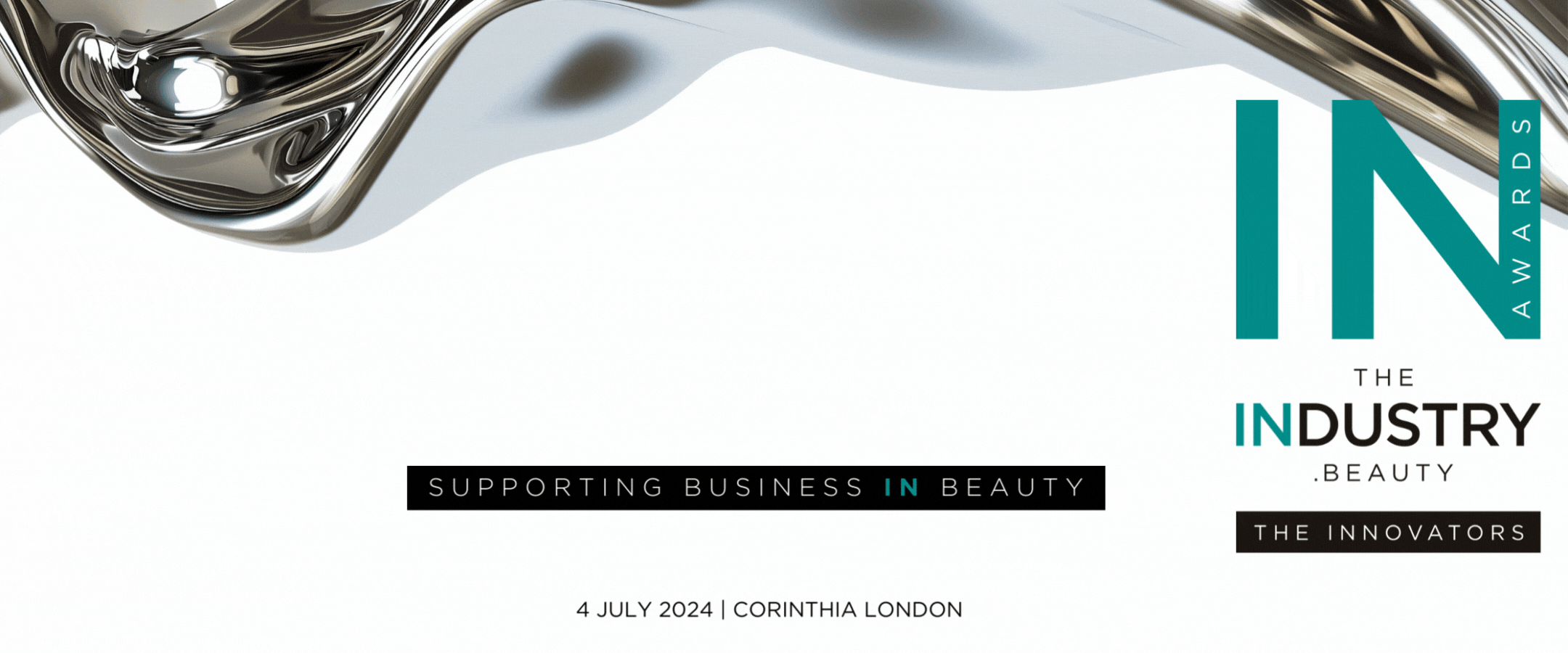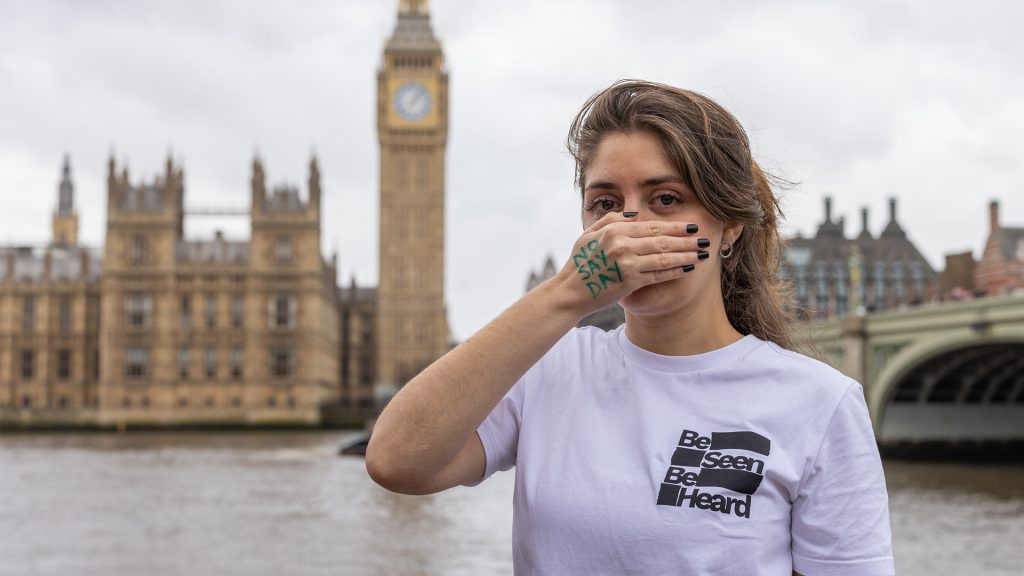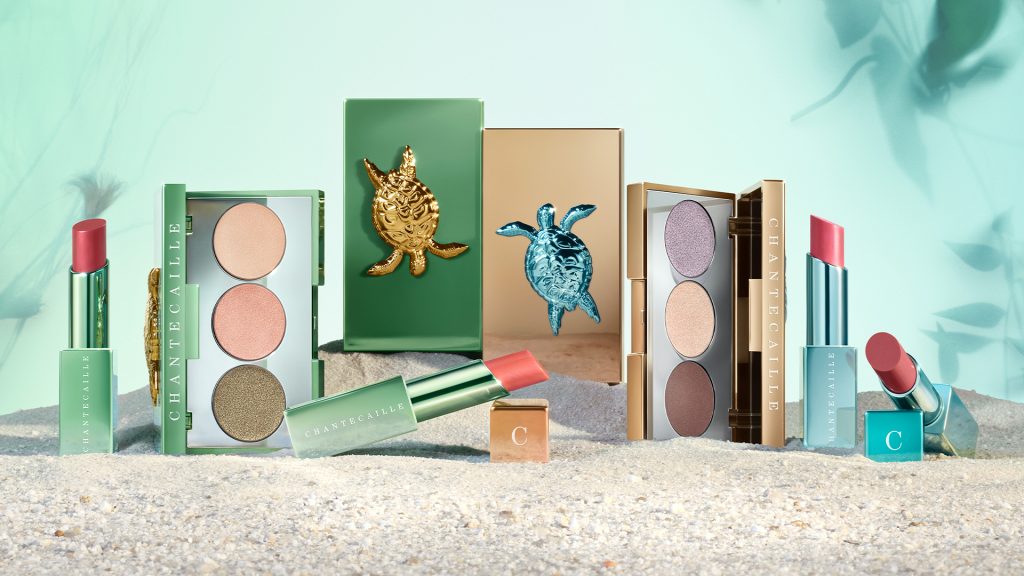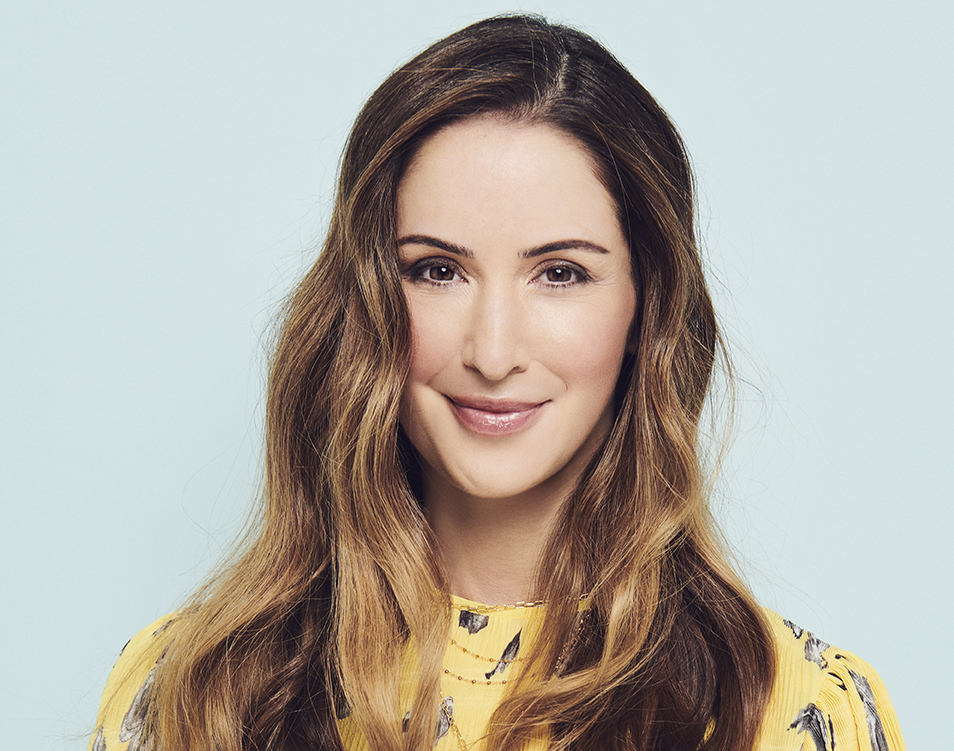In Review 2022: Most important beauty features of the year
2022 saw TheIndustry.beauty's features continue to bring inspiring stories, retail insights and detailed analysis about the beauty industry. As 2023 approaches, we've curated a list of our top ten feature picks from 2022, as well as our Secret Shoppers content from the past year.
How beauty advent calendars became big business
Thought to have originated in the 19th Century when families would mark the days until Christmas with a chalk line, advent calendars have since become a Christmas countdown staple. Today, consumers can purchase calendars filled with all sorts of confectionary, as well as newer varieties offering gin, candles and even socks. However, none of these recent concepts have topped the success of the beauty advent calendar.
Whether it's makeup, skincare, haircare, fragrance or a mix of them all, beauty advent calendars entice consumers with their array of products, value for money and all-round festiveness. With some selling out before the festive period even begins, the buzz for beauty advent calendars is clear and this excitement isn't just from consumers - it's also from the businesses doing them. Read the full feature here.
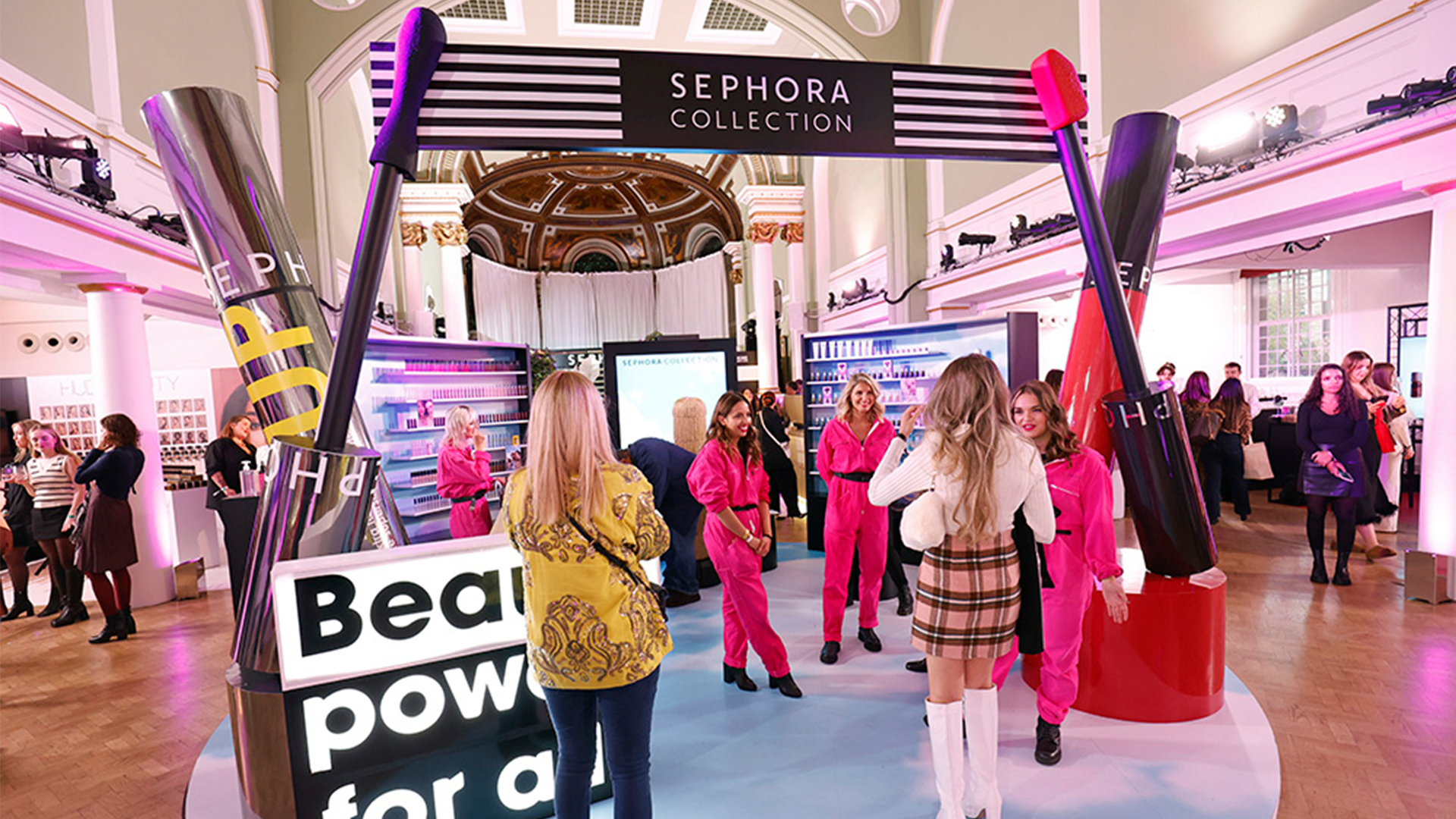
Sephora is back in the UK and this time it means business
Sephora returned to the UK with a bang and after months of speculation about its plans for the market, we found out the details, though it is keeping a few surprises up its sleeve for now. The beauty retailer took over the former Feelunique website in October, which was acquired by Sephora in September 2021. It also confirmed the openings of four new stores in London, Birmingham, Manchester and Glasgow next year.
Speaking ahead of the two-day launch extravaganza, Sarah Miles, UK General Manager for Sephora (and formerly CEO of Feelunique), told TheIndustry.beauty that the retailer had been plotting a return to the UK “for quite a long time". Read the full feature here.
World Menopause Day: It's time for brands to recognise and support mid-life women
This year's World Menopause Day was perhaps the most high profile yet. Taking place every 18 October since 2011, the event was first introduced by the International Menopause Society to raise awareness of the menopause and to support options to improve health and wellbeing for women in mid-life and beyond.
Thanks to a pioneering cohort of public-facing mid-life women, the impact that the menopause can have on women's mental and physical wellbeing (as well as issues such as the shortage of HRT and the exodus of menopause-age women from the workplace) has never been more talked about. However, campaigners and experts still say there is more that can be done. Read the full feature here.
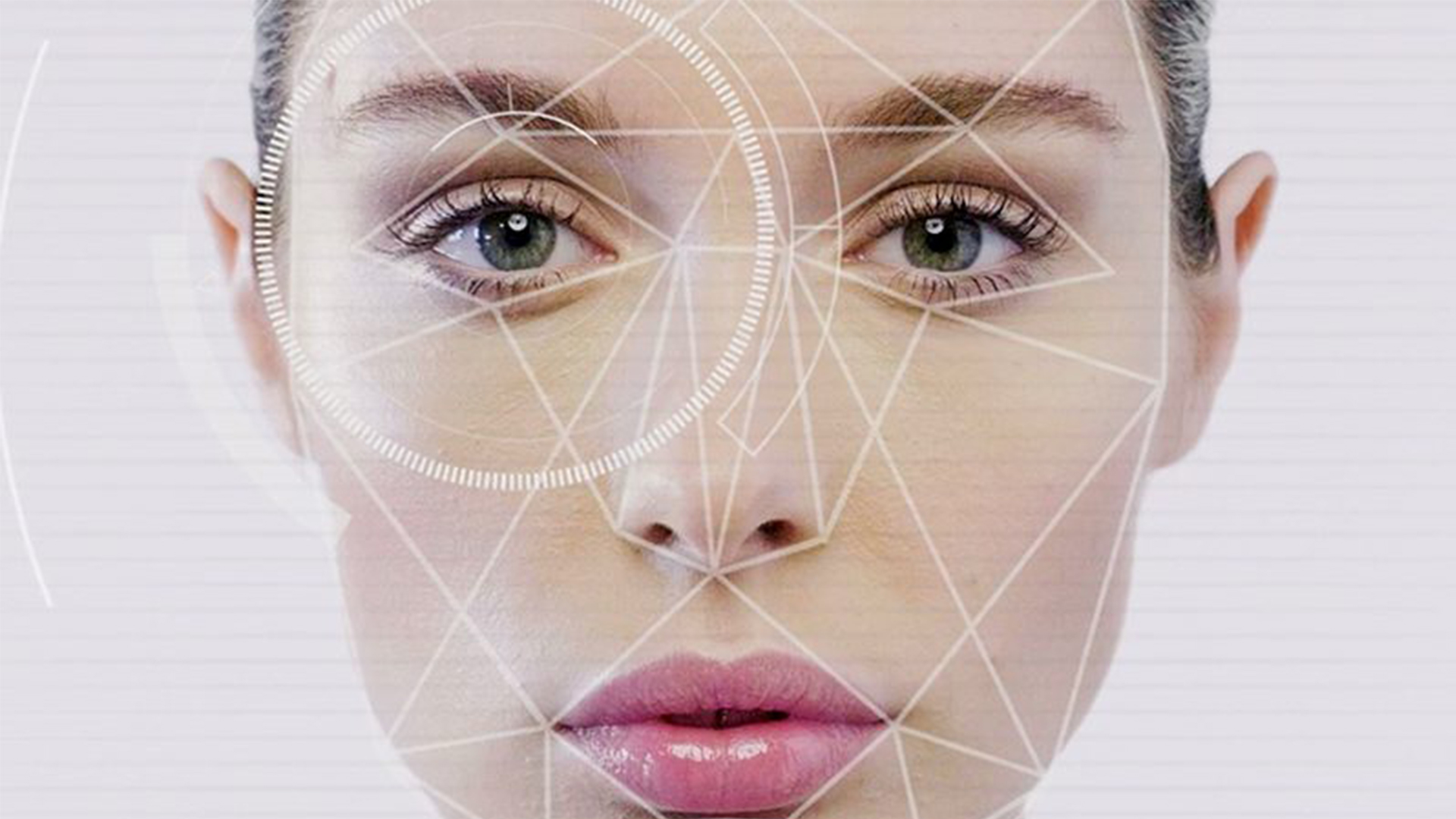
How AI and AR are revolutionising the beauty industry
The introduction of Artificial Intelligence and Augmented Reality technology to the beauty industry has modernised the capabilities of beauty brands and the experiences they can provide a consumer.
This technology is proving both popular and successful in the beauty industry because it can offer shoppers a personalised experience, which aims to make shopping much more targeted and easier for consumers. Whether it’s through a skincare diagnostic selfie experience or a shade matching try-on, AI and AR provide a wide range of solutions to fit in with the needs of a beauty brand and its customers. Read the full feature here.
Have we reached peak celebrity beauty and wellness?
Over the past year, plenty of celebrities have branched out into the beauty space, including Brad Pitt, Ciara, Kourtney Kardashian Barker, Lori Harvey, Kate Moss and J Lo. Whilst many consumers are excited at the thought of their favourite celebrities launching beauty brands, others are making their displeasure known.
Whilst celebrity beauty brands provide consumers with an opportunity to emulate looks they admire, it’s impossible to ignore the fact that the market is saturated. With 12,000 beauty brands entering the market every year, is it right that celebrity-founded brands are taking up so much space? In the midst of all the criticism celebrity brands have been subjected to, do they really have what it takes to cater to consumers’ ever-changing needs? Read the full feature here.
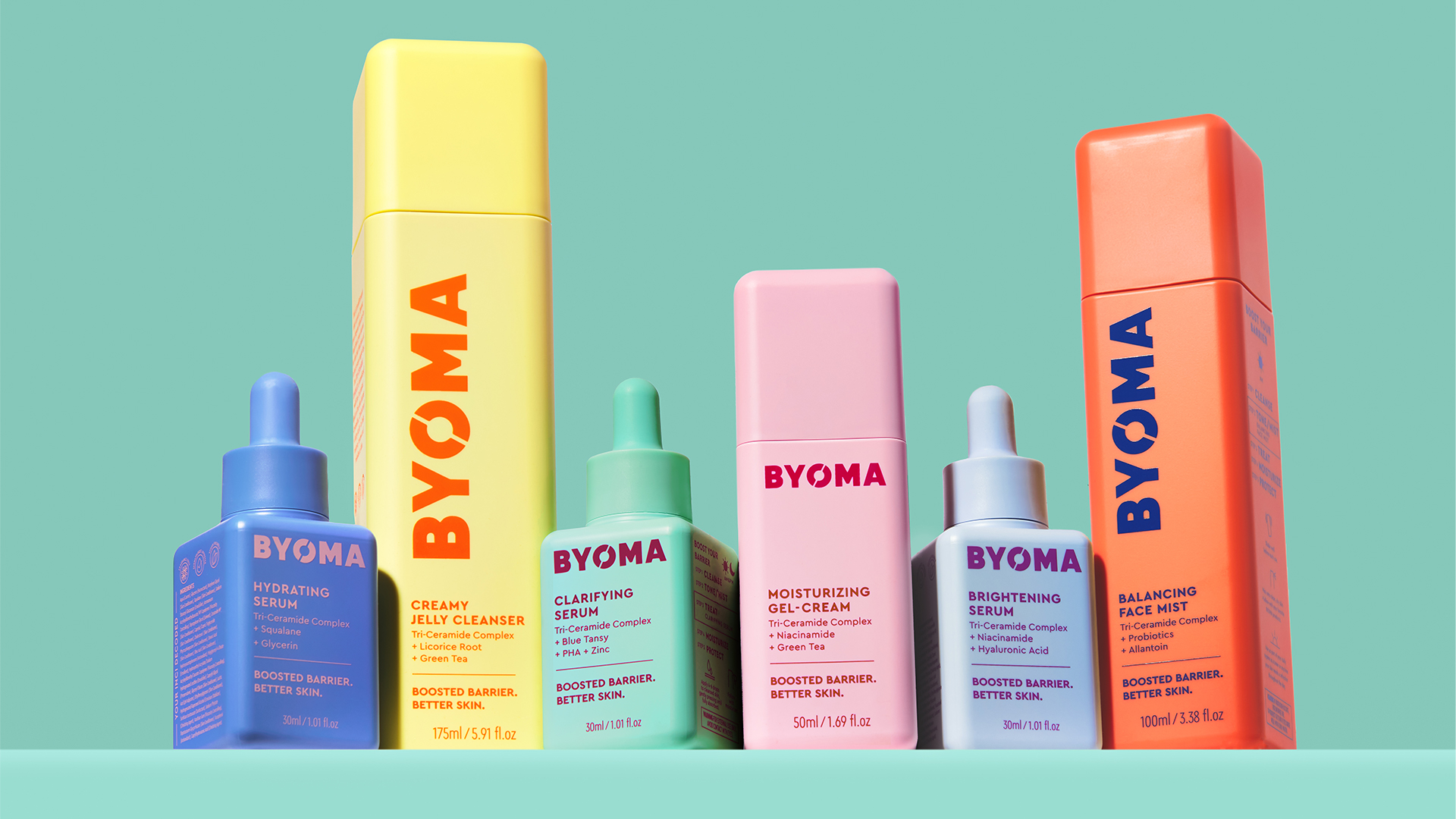
Brand Profile: How BYOMA began the skin barrier conversation
As consumers' desire for brands that offer total transparency becomes more evident than ever, social media has become a safe space for them to learn more about skincare ingredients and trends, which may explain why skincare education is a top priority for beauty brands as they seek to add more meaning and value to shopping experiences.
One beauty trend that has got everyone talking this year is skin barrier repair. When BYOMA launched in 2022 with a line of skin barrier boosting products, the beauty industry was intrigued by the brand’s unique approach to simple, affordable and sustainable skincare. Read the full feature here.
Why we are witnessing a 'sexual wellness' revolution
There used to be a very clear separation between sexual health products or accessories and the rest of the beauty department. Today, many brands and products sitting in the newly labelled ‘sexual wellness’ category, both in-store and online, would happily sit alongside even the most premium of beauty products on your bathroom shelf.
Was it only a matter of time before lubricants became sexy? Sexual or intimate wellness has been embraced as an important factor of enhancing and fulfilling people’s lives. Founded on the ethos of from-the-inside-out, sexual wellness products promote inclusive and experimental attitudes to give you that post orgasmic glow. Read the full feature here.
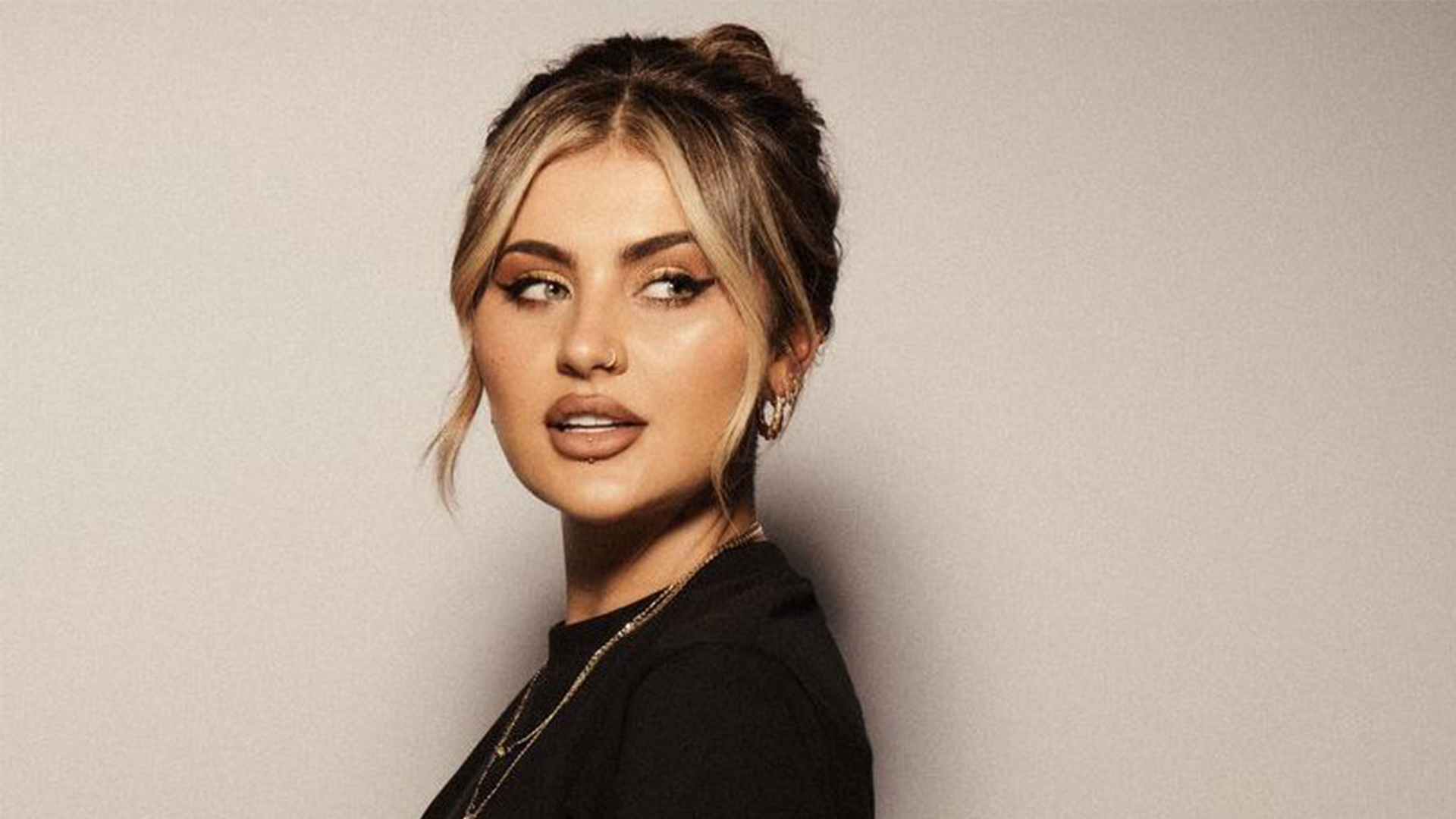
Brand profile: How influencer Jamie Genevieve created VIEVE
Jamie Genevieve is a social media sensation who has amassed more than three million followers across Instagram, YouTube, TikTok and Twitter. In November 2020, she launched VIEVE, a brand which she says was "born from an innate passion for artistry and a deep understanding of the positive impact makeup can have".
It was Jamie’s interactions with customers whilst working on the counter for a luxury cosmetics brand that inspired her to launch VIEVE. Her social media presence played a key role in the formulation process. She wanted her loyal audience to feel that they can share their thoughts and experiences with her and as a result, she had a very clear idea of the products she wanted to launch. Read the full feature here.
Fragrance’s new bold choices
The fragrance industry has had a tough couple of years. The pandemic dented our need and desire for fragrance, while, in many cases, literally took away our sense of smell.
However, the category was in decline even before the pandemic and was one of the hardest hit when consumers reduced the usage of beauty products deemed non-essential. Now, feeling like ancient history, fragrance is back IRL and people are being a lot more bold in terms of perfume choices, not necessarily choosing what they have always worn. Read the full feature here.
Why the high street is embracing aesthetic beauty
Following the collaboration between John Lewis and Cavendish Clinic, it’s safe to say that aesthetic beauty won’t be leaving British high streets anytime soon.
In recent years, consumers were left with no choice but to take their beauty regimes into their own hands, mostly due to the COVID-19 pandemic, but attitudes have changed as powerhouse ingredients and skincare tools have been swapped in favour of something more permanent. Read the full feature here.
This year's Secret Shoppers
- Secret Shopper: Molton Brown's revamped Regent Street flagship.
- Secret Shopper: Gymshark's Deload barbershop pop-up.
- Secret Shopper: Norwich's historic Jarrold department store.
- Secret Shopper: Selfridges - Manchester: 1, London: 0.
- Secret Shopper: Manchester's Debenhams Beauty flagship.
- Secret Shopper: Edinburgh’s new H Beauty store.
- Secret Shopper: Glossier’s new London flagship.



